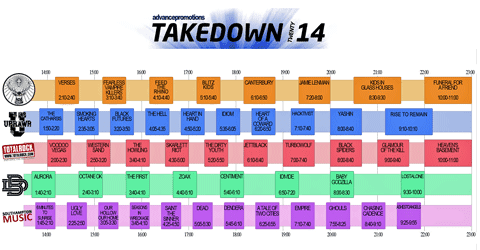 |
| Aleppo, 2012 |
"Within the world the way it is, some policing will always be necessary; policing will sometimes involve restraint; restraint will sometimes involve violence. Not to admit this is to risk colluding with the bullies who are waiting in the wings for good people to remove controls."It's not enough to simply say that some ruler, or government, or other authority is corrupt and abuses its power, so it should be removed. We live in a fallen world and all authorities are prone to do that to a greater or lesser extent. If you remove authority and allow anarchy to take its place the result is all too often an illustration of just how evil human nature can get.
Tom Wright, Creation, Power and Truth, p 64
Syria is a recent illustration of this. Before March 2011 Syria was under a long-term Emergency Law, which allowed extensive government oppression. Over the period from spring 2011 to summer 2012, with extensive western encouragement, unrest and protest escalated into full-scale civil war. An oppressive climate transformed into an out-of-control fratricidal bloodbath, with enormous suffering and no sign of any sort of long term solution arising out of the mess. Not to mention all the foreigners coming in and further destabilising the situation.
Of course, not everybody sees this is a bad thing: the Syrian civil war alters the balance of power between Saudi Arabia and Iran - one a western ally, the other not - as well as leaving serious instability on the borders of Russia. Would anyone, politician or newspaper owner, see this as in any way justifying the evil of an unnecessary civil war? Of course they would, we live in a fallen world.
Tom Wright's quote above was originally in the context of the need for some form of trans-national policing, which can be seen across the board as fair and effective. The US and UK have no credibility in that respect, especially in the Middle East, and have done no good to the authority of the UN in the process.
It's not enough to simply change the ruling class and expect anything to change for the better. Change has to start amongst the people: in civil institutions, in people working together for the common good. Change has to start with conversation and cooperation not with violence. If the authorities are too rigid then change may well eventually involve destruction and violence, but only as a last resort, and only when there is a civil society which can step in to rebuild and continue, speedily and without anarchy.
It looks as though Egypt has fallen at this hurdle - they failed to distinguish between true democracy, which involves a range of civil institutions with checks and balances, and a winner-takes-all majority rule, leading them straight back to yet another military coup (strongly backed by US and Israeli interests, it seems).
It's not enough to say "something must be done" and pressure governments into unhelpful interventions. It certainly isn't helpful for foreigners to get involved directly in another country's internal conflicts - a civil war already has too many factions fighting one another, without bringing in ignorant outsiders to further stir things up.
What would be helpful would be to support strong governance at a grassroots level, to promote fairness and equality internationally - not treating countries as pawns in global power games - and to find better ways of addressing conflicting needs and demands without violence.
To put it another, arguably more religious, way: we need to support justice and peace, whilst recognising that we live in a fallen world. In a Christian context 'justice' is always restorative justice - restoring creation to the way it was made to be - not retributive justice, which has little or nothing to do with peace.



